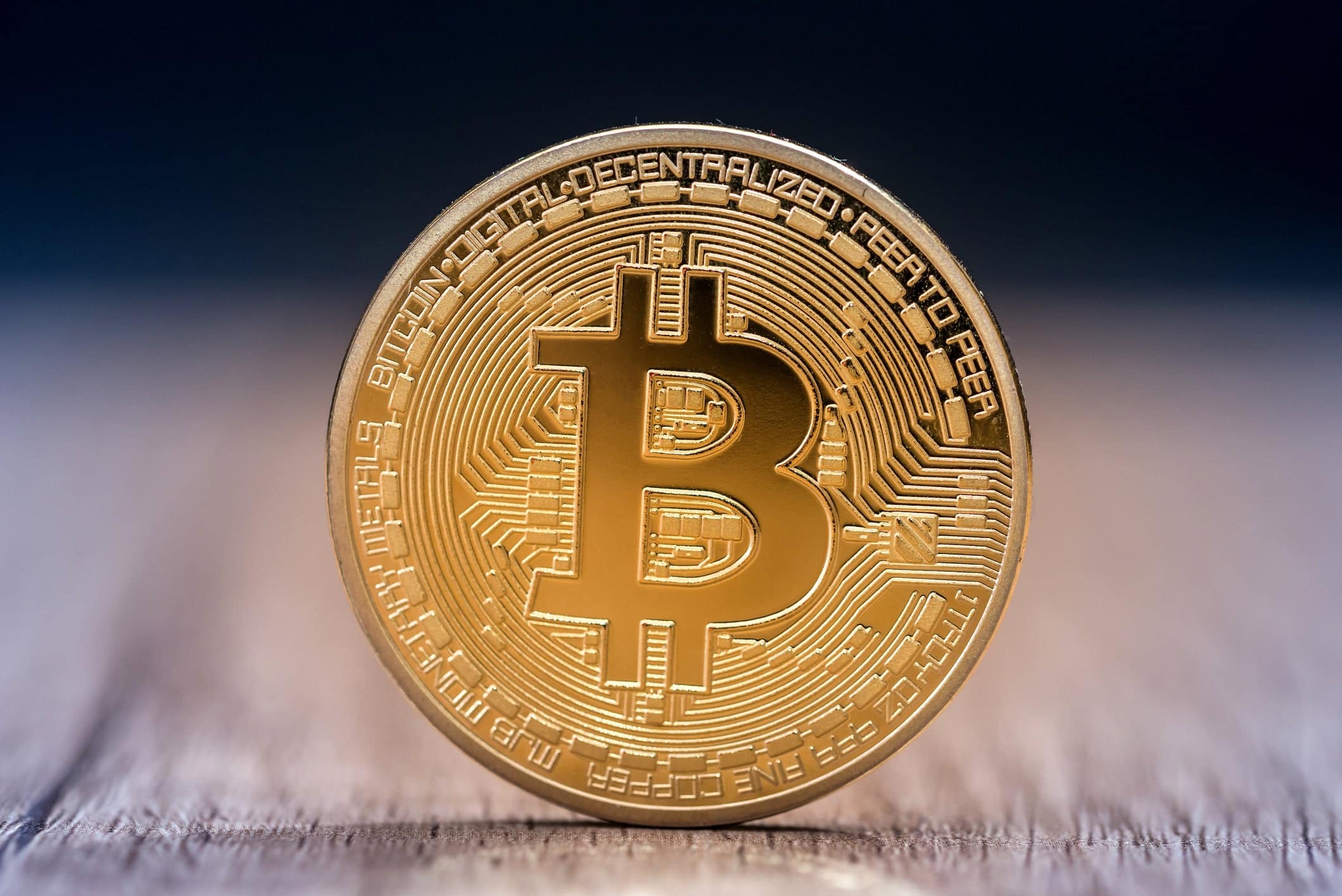
The erosion of trust: how the US debt ceiling is driving crypto adoption
2023-06-02 by
Hugues Marty
The United States debt ceiling is an ongoing issue that has significant implications not only for the country’s economy but also for public trust in the financial system. Indeed, the erosion of public trust in traditional financial systems, fueled by the recurring debates and political wrangling surrounding the US debt ceiling, has led to a surge of interest in alternative currencies, notably cryptocurrencies. This article delves into the profound impact of the US debt ceiling on people’s trust and how it has unintentionally accelerated the ascent of cryptocurrencies as a viable and compelling alternative. Recent developments highlight that this erosion of trust has created an atmosphere of uncertainty and instability, prompting investors to seek refuge in decentralized cryptocurrencies that offer transparency, protection against inflation, and financial inclusion. The increasing demand for cryptocurrencies, exemplified by a notable price appreciation, such as Bitcoin’s surge of nearly 200% since January 1st, underscores the growing appeal of these digital assets as individuals seek stability and trust amidst the uncertainty generated by the US debt ceiling debates.
The frequent debates and political wrangling surrounding the debt ceiling have created an atmosphere of uncertainty and instability, eroding public trust in the government’s ability to manage its finances responsibly. This continuous cycle of brinkmanship has shaken investor confidence in the US government’s fiscal management. According to a survey by Reuters, 75% of respondents stated that the recurring debt ceiling debates have significantly diminished their trust in the US financial system.
The uncertainty stemming from the debt ceiling debates also has a ripple effect on global financial markets. Investors become cautious, and market volatility tends to increase, further eroding trust. This reinforces the perception that traditional financial systems are vulnerable to political factors.
Cryptocurrencies as an alternative
Cryptocurrencies, such as Bitcoin, offer an alternative financial system that addresses the trust issues arising from the US debt ceiling debates. They operate on decentralized networks that are not controlled by any central authority, ensuring transparency and immutability. The blockchain technology underlying cryptocurrencies provides a transparent and immutable ledger of all transactions. This transparency addresses the trust issues that arise from the US debt ceiling debates. Jack Wilson, a blockchain expert, stated:
The decentralized nature of cryptocurrencies ensures that transactions are transparent, making them resistant to the political uncertainties associated with the US debt ceiling.
Moreover, cryptocurrencies offer protection against inflation, which often becomes a concern during debt ceiling discussions. With their limited supply and built-in inflation protection mechanisms, cryptocurrencies serve as a hedge against inflation and provide a means to protect wealth. Bitcoin, for example, has a capped supply of 21 million coins, ensuring scarcity. As a result, many investors see cryptocurrencies as a store of value during times of economic uncertainty. According to CoinMarketCap, Bitcoin’s price increased notably during the last three major debt ceiling debates, showcasing its appeal as an inflation hedge.
Furthermore, cryptocurrencies play a significant role in promoting financial inclusion. Traditional banking systems can exclude certain populations, but cryptocurrencies provide access to financial services for the unbanked individuals worldwide. The World Bank estimates that around 1.7 billion people globally do not have access to formal financial services. Cryptocurrencies offer a decentralized and borderless financial system, allowing anyone with an internet connection to participate. Cryptocurrencies have the potential to empower individuals who have been excluded from traditional financial services. They offer an alternative means of conducting financial transactions, regardless of an individual’s location or economic status.
Positive impact on cryptocurrencies
The erosion of trust resulting from the US debt ceiling debates has driven a substantial increase in cryptocurrency adoption. As individuals seek alternative financial solutions, the demand for cryptocurrencies has surged. According to a report, the total number of cryptocurrency users has increased significantly in the past year, largely due to the loss of trust in traditional financial systems resulting from the debt ceiling debates.
The heightened demand for cryptocurrencies has also led to significant price appreciation, offering attractive returns for early adopters and investors. Bitcoin, the largest cryptocurrency, experienced a price surge of nearly 200% in the past year, driven in part by the lack of trust in traditional financial systems and the growing interest in alternative assets. This remarkable price appreciation has attracted both institutional and retail investors seeking high potential returns.
Conclusion
The erosion of trust caused by the frequent debates and political maneuvering surrounding the US debt ceiling has had profound and unintended consequences. It has sparked a monumental shift towards cryptocurrencies as a viable alternative financial system. With their decentralized nature, transparency, inflation-resistant properties, and potential for promoting financial inclusion, cryptocurrencies have emerged as a compelling choice for those yearning for stability and trust. As the world grapples with the ongoing challenges posed by the US debt ceiling, the momentum behind cryptocurrencies only intensifies. Looking to the future, we are left to ponder: Will cryptocurrencies continue to disrupt traditional financial systems and redefine the notion of trust in the digital age? Only time will reveal the answer.